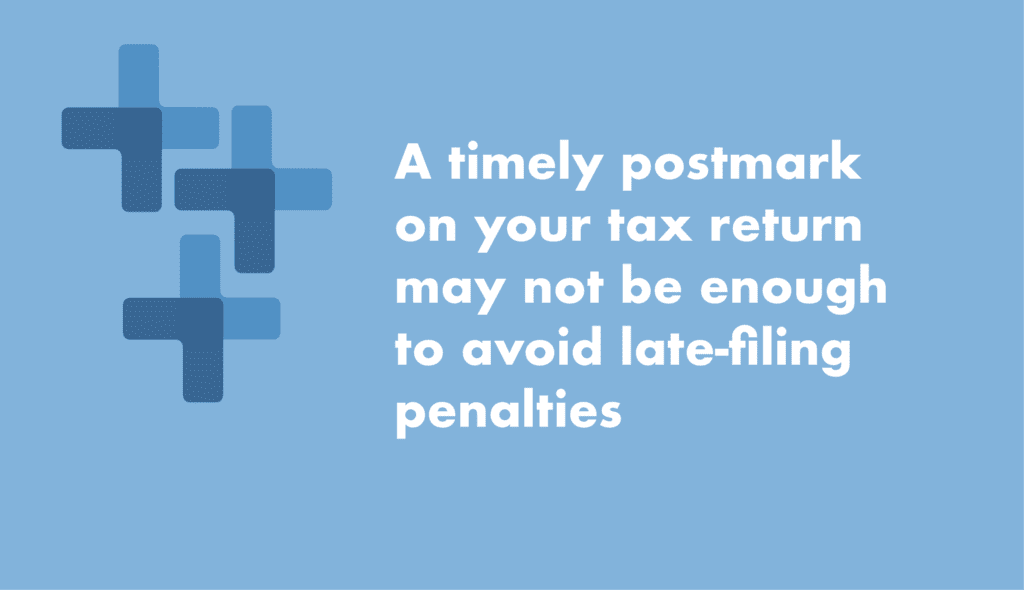A Refresher on Major Tax Law Changes for Small-Business Owners

A Refresher on Major Tax Law Changes for Small-Business Owners Return to Blog The dawning of 2019 means the 2018 income tax filing season will soon be upon us. After year end, it’s generally too late to take action to reduce 2018 taxes. Business owners may, therefore, want to shift their focus to assessing whether […]
6 Last-Minute Tax Moves for Your Business

Tax planning is a year-round activity, but there are still some year-end strategies you can use to lower your 2018 tax bill. Here are six last-minute tax moves business owners should consider:
Real estate investor vs. professional: Why it matters

Income and losses from investment real estate or rental property are passive by definition — unless you’re a real estate professional. Why does this matter? Passive income may be subject to the 3.8% net investment income tax (NIIT), and passive losses generally are deductible only against passive income, with the excess being carried forward.
Are income taxes taking a bite out of your trusts?

If your estate plan includes one or more trusts, review them in light of income taxes. For trusts, the income threshold is very low for triggering the: Top income tax rate of 39.6%,
Top long-term capital gains rate of 20%, and Net investment income tax (NIIT) of 3.8%.
Real Estate Investing Podcast with Mark Patten and Mandy Thiebaud

Mark Patten, CPA and Mandy Thiebaud, CPA of McKinnon Patten & Associates discuss with Old Capital Podcast how earned income and passive income are treated by the IRS, capitalizing versus expensing replacements & repairs, and why owning real estate is more than just a return on your investment.
Turning next year’s tax refund into cash in your pocket now

Each year, millions of taxpayers claim an income tax refund. To be sure, receiving a payment from the IRS for a few thousand dollars can be a pleasant influx of cash. But it means you were essentially giving the government an interest-free loan for close to a year, which isn’t the best use of your money.
A timely postmark on your tax return may not be enough to avoid late-filing penalties

Because of a weekend and a Washington, D.C., holiday, the 2016 tax return filing deadline for individual taxpayers is Tuesday, April 18. The IRS considers a paper return that’s due April 18 to be timely filed if it’s postmarked by midnight. But dropping your return in a mailbox on the 18th may not be sufficient.
What the self-employed need to know about employment taxes

In addition to income tax, you must pay Social Security and Medicare taxes on earned income, such as salary and self-employment income. The 12.4% Social Security tax applies only up to the Social Security wage base of $118,500 for 2016. All earned income is subject to the 2.9% Medicare tax.
3 ways to get started on next year’s budget

As the year winds down, business owners have a lot to think about. One item that you should keep top of mind is next year’s budget. A well-conceived budget can go a long way toward keeping expenses in line and cash flow strong.
Is your executive compensation reasonable?

Corporations can’t deduct dividend payments, but they can deduct executive compensation. To prevent abuse of this rule, the IRS requires exec comp to be “reasonable” – something even tax authorities have trouble defining.
